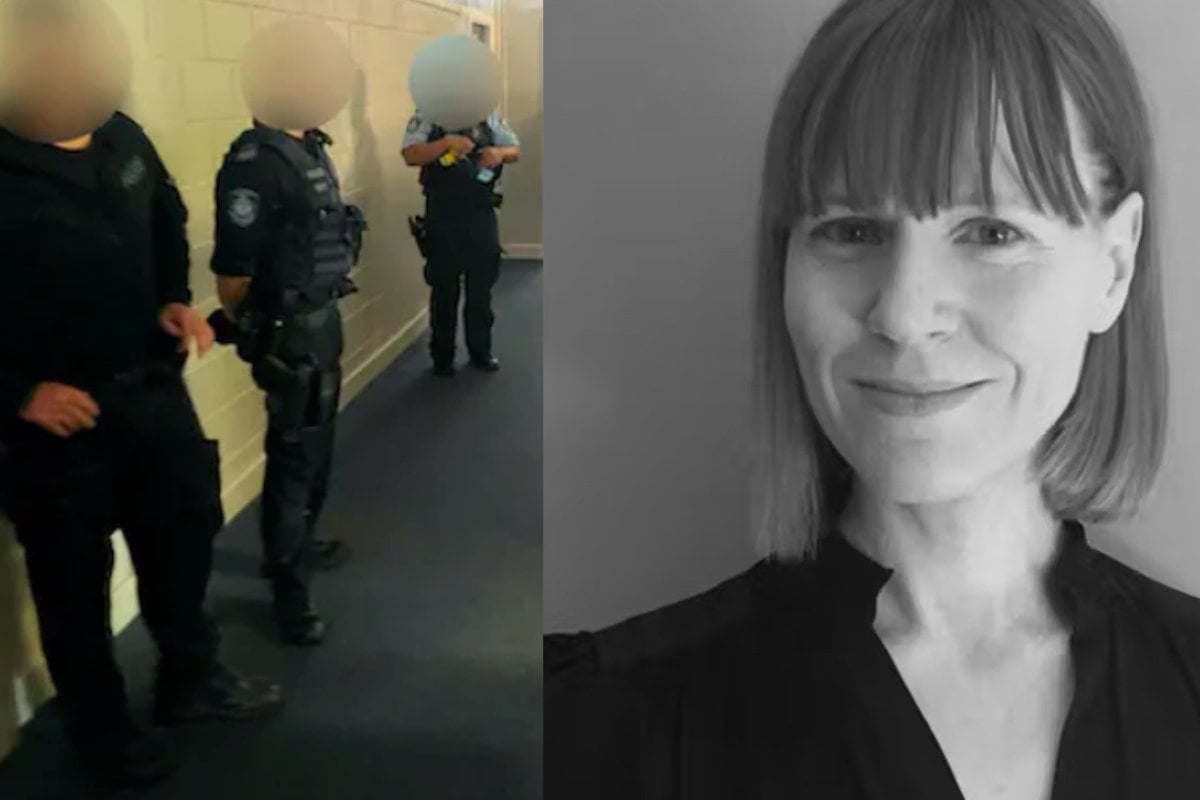
This article was originally published by Hireup.
My heart stopped when I heard the news that a frail, 95-year-old woman had been Tasered by police. The headlines have shocked the country but for me they hit especially close to home. This tragedy is one of my biggest fears but not because I have a grandma with dementia. I don’t. I do, however, have children with disability.
Unable to communicate effectively and easily overwhelmed by the world around them, or the pain within them, my children – like Clare Nowland – sometimes exhibit fight or flight responses that others can deem ‘challenging’. And like Clare Nowland, those entrusted with their care have called the police when confronted with these ‘behaviours’.
It was only by luck that I arrived at my son’s school first. I’d received a call telling me he was “unsettled” and there had been an “incident”. I jumped in the car to collect him. I was talking with a friend on the phone as I walked into the school grounds. That’s when I heard the sirens.
A police van, packed with officers, raced into the school, lights flashing, sirens blaring.
“Something’s happening at the school,” I said to my friend. “A whole busload of police just arrived.”
I hung up and walked toward my son’s classroom. To my surprise, the police walked in the same direction.
“What are you here for?” I asked them. “We’ve been called because of a problem with a student,” they answered.
We kept walking toward the same classroom block, then it dawned on me. They were here for my son. A disabled child built like a toothpick. I looked around at the well-armed squad of well-built officers. Six of them followed me into the corridor where my son lay quietly and exhausted from the ordeal which had prompted the school to call me.

Top Comments